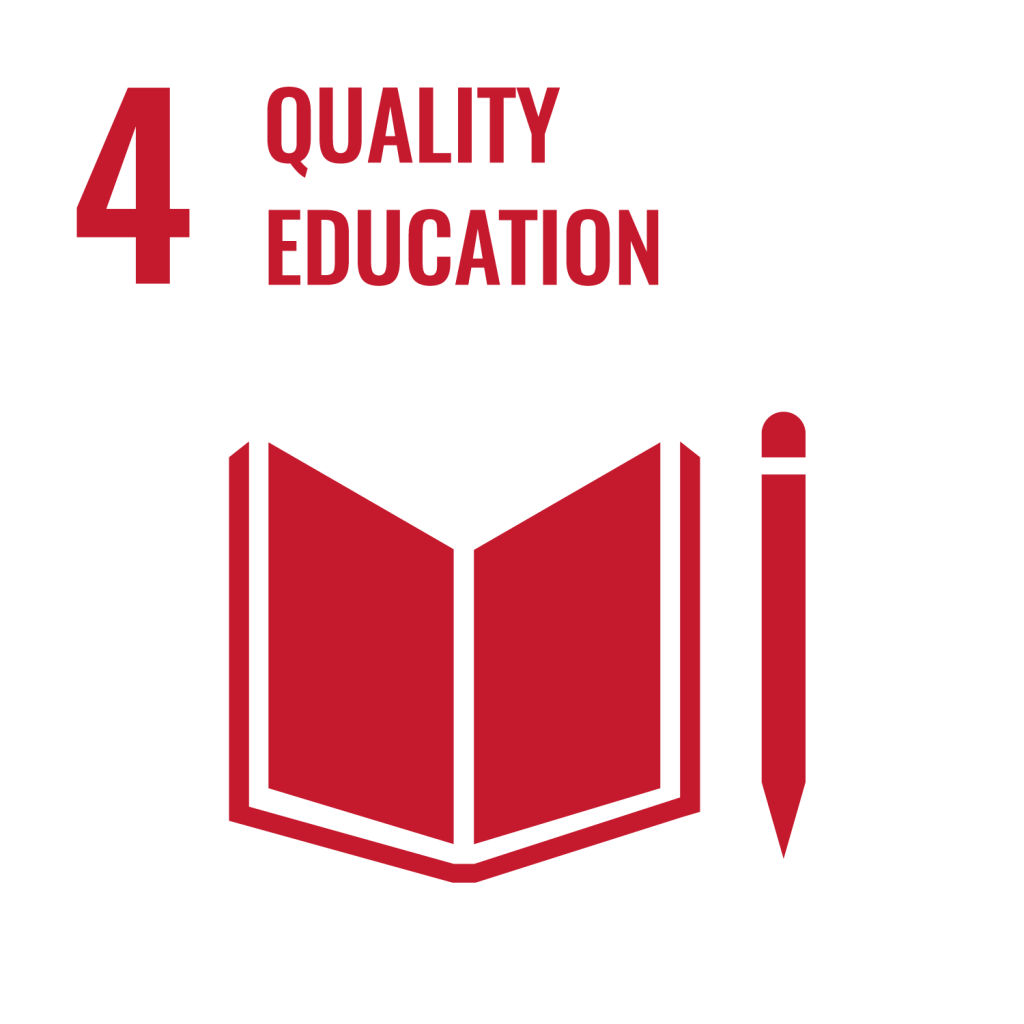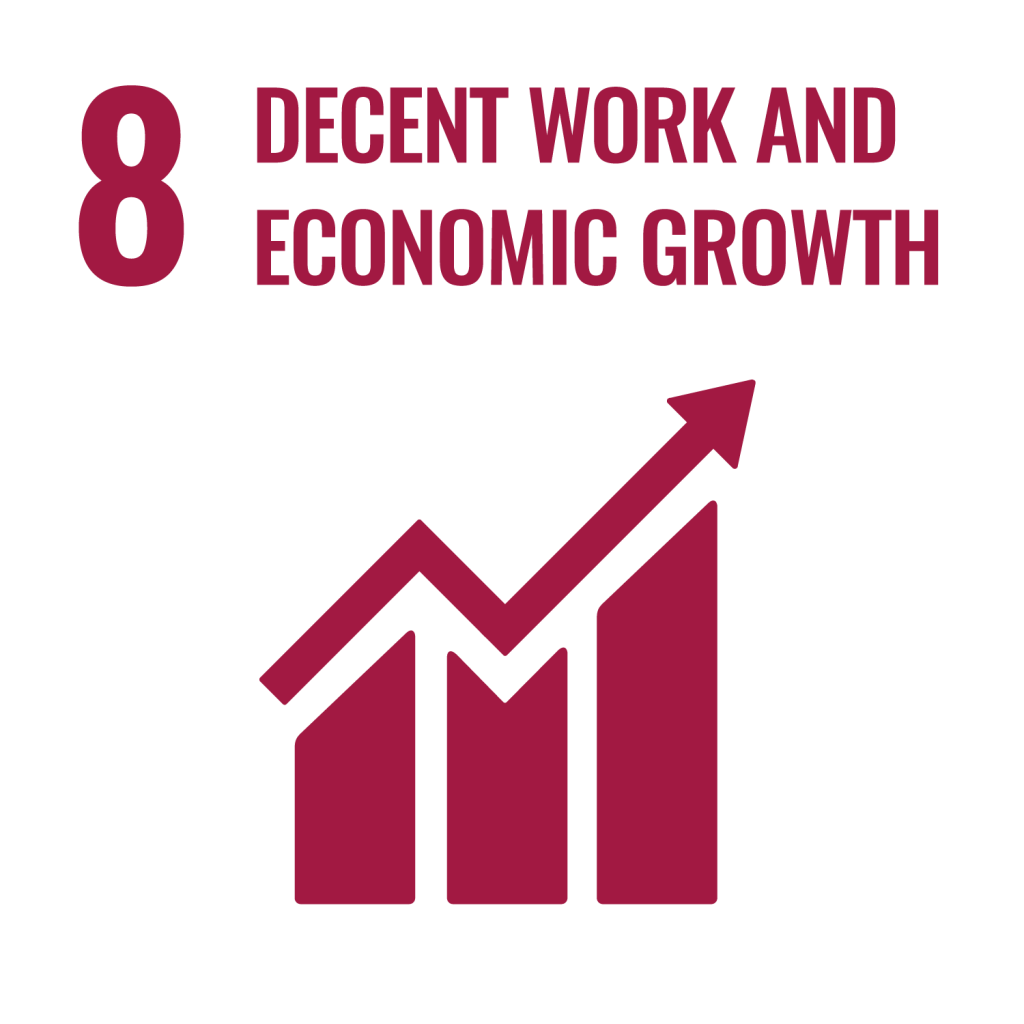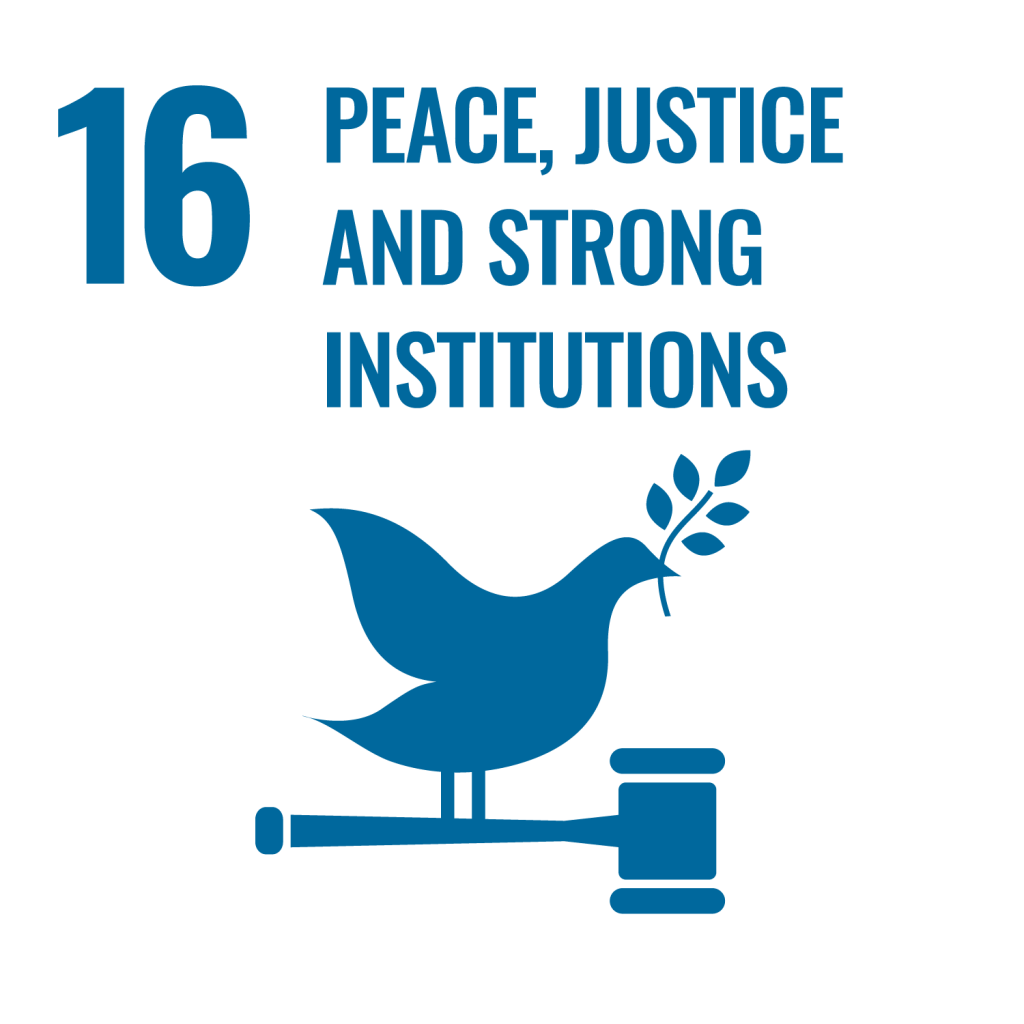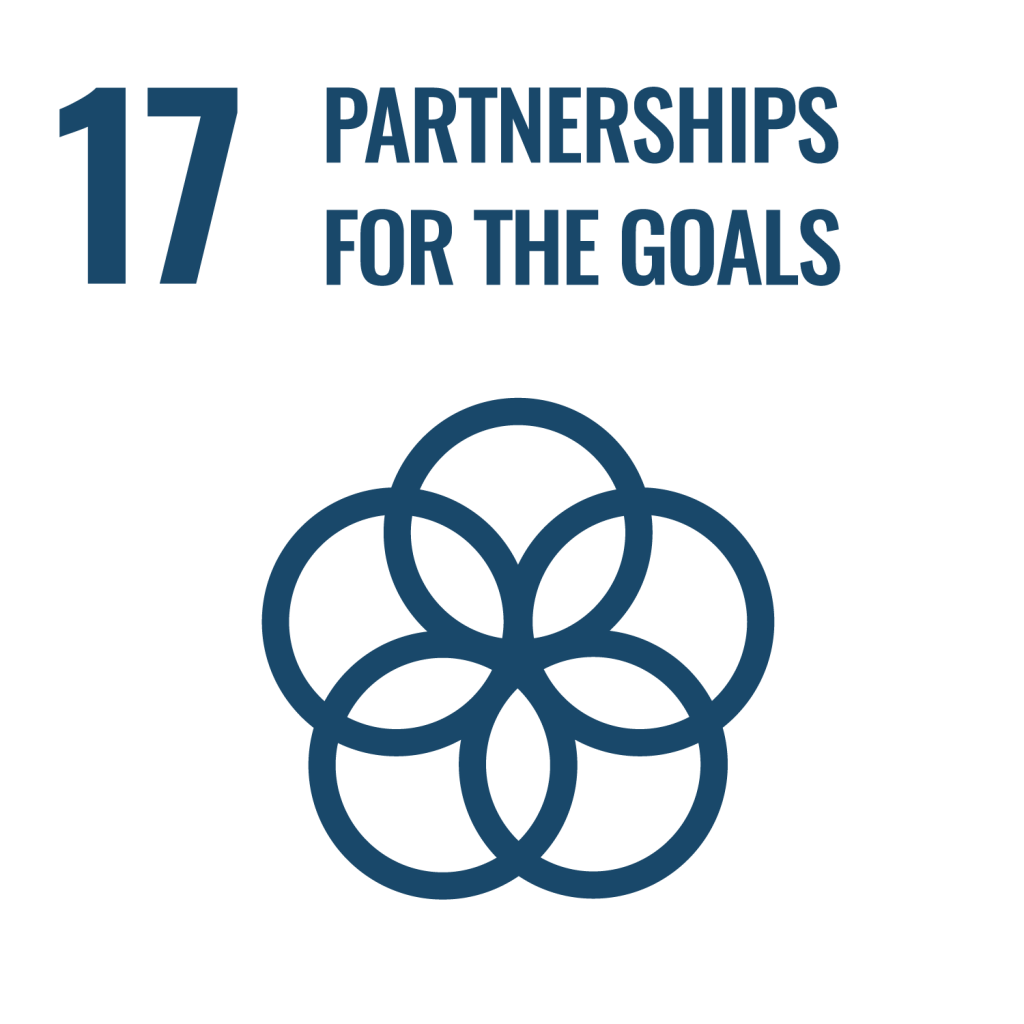Across Nigeria and much of the world, most incarcerated women are not violent offenders. They are mothers, breadwinners, and survivors of poverty, imprisoned for low-level, survival-driven offenses like petty theft or minor trading violations.
Take Aisha, for example. A single mother of two, she was arrested for stealing food items worth less than ₦5,000 from a market stall in Kaduna. She had lost her job during the pandemic and could no longer afford to feed her children. Aisha spent six months in prison awaiting trial because she could not meet bail, even though her offense was minor and non-violent. By the time she regained her freedom, her children had dropped out of school, and she had lost both her home and her dignity.
Yet stories like Aisha’s are common. The justice system often ignores the economic and social realities that drive women into conflict with the law, trapping them in a cycle of punishment and poverty.
Global standards such as the Bangkok Rules recognize that non-custodial sentences are more just and more effective at preventing reoffending. When a caregiving mother is imprisoned, the damage extends far beyond prison walls. Her children may drop out of school, end up in unstable homes, or even come into conflict with the law themselves. What begins as one woman’s punishment can easily become an intergenerational chain of harm.
In Nigeria, however, the justice culture leans heavily toward punishment. Judges tend to apply the law rigidly, with little regard for context. Yet the Administration of Criminal Justice Act (ACJA) 2015 already provides for non-custodial measures such as community service, fines, and probation, but they are rarely applied.
Sentencing seldom reflects the lived realities of women: histories of abuse, caregiving burdens, trauma, or having been trafficked. Nearly 99.55% of victims trafficked for prostitution in 2022 were female, while 59%–65% of forced labour trafficking victims between 2020 and 2022 were women. When such women are criminalized rather than supported, the system deepens, rather than repairs, the harm.
Then there is social stigma, often the harshest punishment of all. An incarcerated woman is not only branded a lawbreaker but seen as having violated moral and cultural norms. That label sticks, making employment, family reintegration, and community acceptance painfully difficult after release.
So what is the alternative? Some African countries are showing a different way. In Nigeria, civil society pilot programs that offer vocational training, counseling, or conditional release have achieved lower recidivism and stronger reintegration. In South Africa and Kenya, properly implemented non-custodial sentencing is showing similar promise.
To make this a national reality, Nigeria needs:
-
Smarter sentencing guidelines that prioritize probation, fines, restorative justice, and community service, especially for caregiving women.
-
Training for justice actors to recognize how trauma, poverty, and gender roles shape offending patterns.
-
Investment in legal aid and social support, from representation to trauma care, skills training, and mental health services.
-
Cross-sector collaboration among government, NGOs, and civil society to pilot gender-sensitive community sentencing and track outcomes.
A justice system that understands women’s realities is not just fairer; it is smarter. Reforming how we punish is how we begin to rebuild lives, families, and communities.






